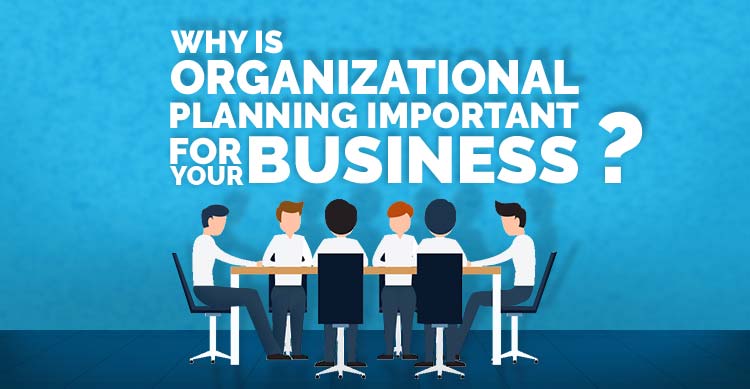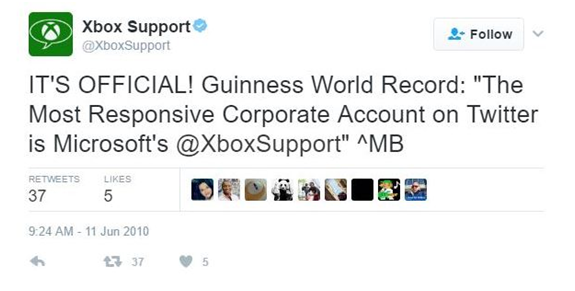A business survives on sustainable work culture. The engagement of employees is decided by the culture you offer them in your working environment. Your employees can only see their future in your company if they feel comfortable in the company culture.
When it comes to creating and maintaining a sustainable company culture, the role of HR professionals is primary. The department of human resources has to work consistently in the right direction to maintain an effective company culture for years.
This role of HR professionals requires a lot of work and a sense of responsibility. Otherwise, things start to slip and the company loses some precious employees in the process.
Read Also: How WiFi Attendance Makes HR Manager’s Job Simple
Here, in this article, you will find 15 effective ways to improve company culture from the HR department. If you are working in the HR department of your company, utilize the following ways to fulfill your responsibilities:
1. Define company culture and encourage communication
A company has to first decide its sustainable culture. The leaders of a company need to find out their definition of company culture. In doing so, HR professionals can answer some critical questionsThey can help to understand the meaning of company culture.
They can recommend best-suited ways to measure them. Since they work with the people in a company, they are capable of predicting the impact of cultural change in that company. This way, HR department can assist in the process of defining a company culture.
After defining, the same HR professionals can ensure the engagement of leaders as well as employees. They create a transparent communication environment between leaders and employees. This approach allows the whole company to achieve the desired cultural goals.
2. Serving as a culture consultant proactively
HR team shouldn’t wait for the leaders to take the initiative towards company culture. It is their job to become proactive and help executive leaders in the process.
So, the leaders of an HR department should access and evaluate the culture that the company is currently following. Using the conclusions, they should work towards developing a strategy. This strategy has to align with the goals and values of the company.
After developing a well-aligned strategy, HR professionals can discuss the plan with executive leaders. This will further enhance the quality of the available plan. The implementation process will require the involvement of the executive leaders as well as the HR professionals.
3. Involve employees in the creation process
Creating a company culture shouldn’t be a textbook strategy. You can’t take something from a seminar and apply it to create your plan for company culture. The correct approach would be to involve employees in the process.
HR department can collect feedback from the company employees. This allows a sustainable company culture development, which lasts for a long time successfully.
The culture of every company depends on a variety of factors. So, there is a uniqueness about every company and its employees. This is the reasons why employees’ involvement matter to define and implement the process of company culture development.
4. Make sustainability a company message
The company culture is not just about improving everything internally. The visibility of your company’s brand from the outside perspective should also seem sustainable. This means that your company culture should impress potential employees looking for a job.
Sustainability should be a part of your company’s message to all the candidates. This is another responsibility that HR professionals need to fulfill.
In doing so, HR professionals can welcome suggestions from the employees as well. An incentive for such employees will motivate others to indulge in the process of building a sustainable culture in the company.
5. Align multiple company goals with each other
The process of building and maintaining your company culture will require a strategic approach from the HR department. This time, HR professionals need to find ways to align multiple company goals with each other.
First of all, the HR department can consult and collaborate with the leaders. This collaboration should be about finding a connection between company’s mission, vision, core principles, values and performance management.
With that, HR should motivate leaders to integrate reward programs and recognition efforts to boost quality and productive work.
Also, HR should work as a coach for both the employees as well as the leaders.
6. Set a good example for others
The HR department can’t ignore what they preach to the employees. They should also follow the decided company strategy and culture. Even if a single person ignores and goes against the strategy, it can damage the efforts.
Almost every company has the capacity to talk good things and come up with wonderful planes. But the implementation process is the time when the leaders start expecting only employees to follow the guidelines. Which is what leads to a crumbled company culture.
7. Concentrate on the ground reality of the company culture
It might impress you on paper, but you need to ensure a positive vibe of the culture. For that, HR professionals need to actually feel the environment and talk to employees as well.
In the same approach, HR professionals should point out the potential outcomes of business decisions. Even the most senior partner can give a candid remark or idea. That is when HR professionals need to take the front and shed light on the ground reality.
Read Also: How to Improve Employee Attendance at Work 2019
8. Find company culture focal points
The HR department can work as the authority that looks at the focal points that require assessment and upgrades. A desired development of culture requires careful concentration in the correct areas.
HR professionals can find out these focal points in the work culture and find ways to motivate best practices.
9. Prevent an adverse impact on the culture
The basic idea of a sustainable company culture is that it should make sense to everyone. Every stakeholder including the managers, subordinates, customers, and others should reflect the culture in their daily behavior.
The HR department can work as a watcher of this. The professionals can prevent stakeholders from negatively impacting the defined and implemented company culture.
10. Reflect the promoted culture in every way
Every company has a core culture, which the HR department promotes internally and externally as well. However, there is no point to all this if the organizational departments and processes don’t reflect the culture.
Whether it is the people or the hiring process, everything should justify the talk of the leaders. Demonstration is the key. For instance, if a company culture promotes positivity and transparency, then, the hiring process should actually be transparent and positive.
11. Find correct people and retain them
The sustainability of a company culture depends on its people. Strategies won’t turn into realities if you don’t have the correct people. Ideas turn into action when the HR department finds the right people to hire.
They can evaluate the compatibility of candidates and collaborate with managers to hire the right ones. This protects the company culture in the long run.
12. Let company values be a part of your training process
Before new employees take the steering wheel of multiple departments, they need to be trained. Usually, new employees are trained regarding their responsibilities and work. But these new employees also take the company culture forward.
Which is why you should ensure that they get training regarding the company culture and values. HR professionals can integrate the values of the company in their training process. This will help in reinforcing and maintaining the required culture.
13. Commit and believe in the company culture
It all comes down to the commitment after a while. A culture can stay for a long time, if all associated parties believe and commit to maintaining it. This includes company executives, employees and HR professionals as well.
The commitment is a gradual process, which requires help from HR. Human resource managers need to remind every department about the goals and lead towards that mission.
14. Don’t forget about the ongoing maintenance
HR department of a company creates the structure of the culture. They analyze the landscape of the corporation and come up with a plan to establish a sustainable culture.
But the responsibilities don’t end there. The HR professionals are key to maintaining the culture on an ongoing basis. They have to work with staff and management to ensure that the existing culture stays strong.
15. Become a protector of company values
The position of HR professionals is very critical. They have the ability to bring the biggest impact on the company with their efforts. Which is why it should be their responsibility to ensure the consistency and transparency in the company values.
Read Also: 10 Challenges Faced by HR Managers and How to Tackle Them
They don’t just define, implement and maintain a culture. It is their responsibility to advocate the values in front of the employees, executives, leaders, and other stakeholders.
With a responsible HR department, a company can build and maintain a sustainable culture. And the above-mentioned points will help you establish the desired culture in your company.









